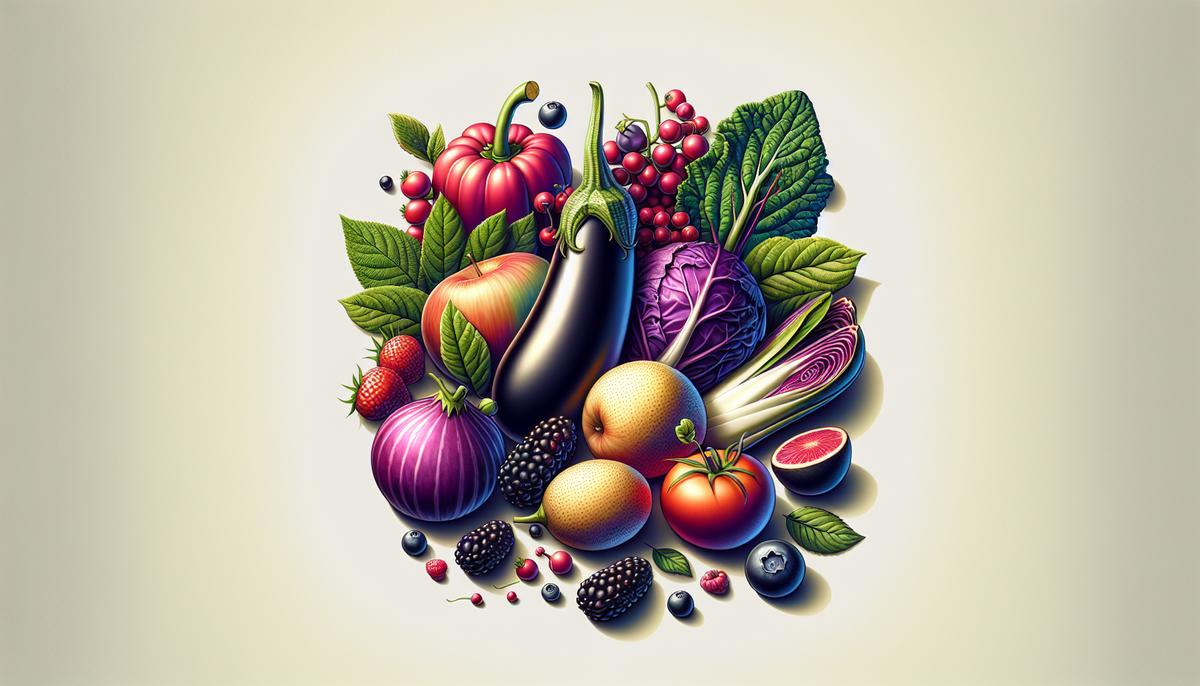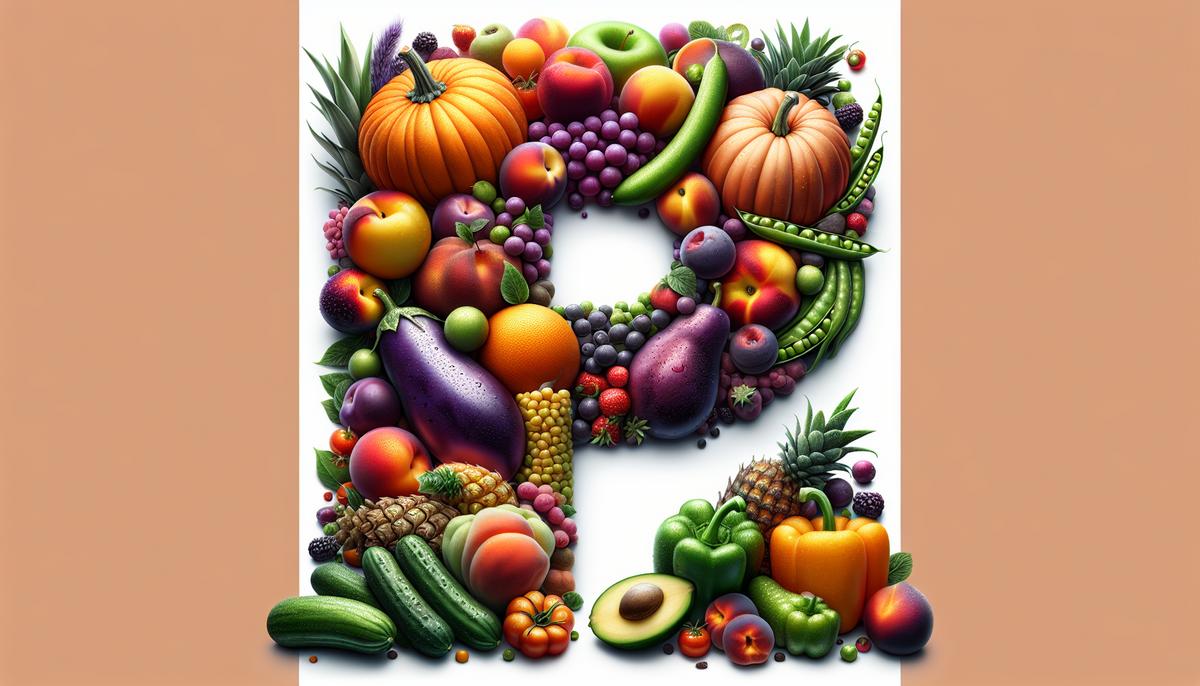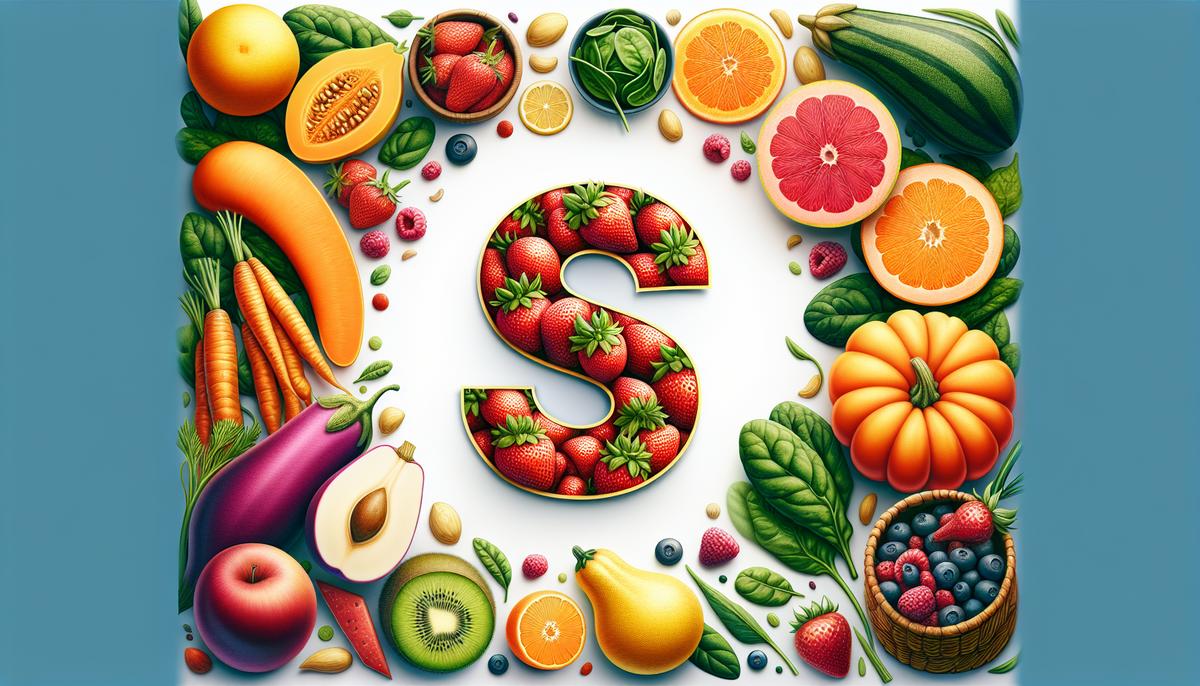Eating a variety of fruits and vegetables is a key component of a healthy diet, and there are some fantastic options that begin with the letter E. These fruits and vegetables are packed with essential nutrients, offering a range of health benefits that can help you feel your best. Moreover, they are versatile in the kitchen, making it easy to incorporate them into your meals. In this article, we’ll explore some of the most nutritious and delicious fruits and vegetables that start with E, providing you with insights into their nutritional profiles and culinary uses.
Fruits that start with E
Elderberries
Elderberries are small, dark berries that grow in clusters on the Sambucus tree. They are known for their deep purple color and tart flavor. These berries are often used in making jams, jellies, syrups, and even wines. Elderberries can be found fresh, dried, or in supplement form, making them a versatile addition to your diet.
Nutritionally, elderberries are a powerhouse. They are rich in antioxidants, particularly anthocyanins, which help combat oxidative stress and inflammation. Elderberries also contain vitamins A and C, which are crucial for immune function and skin health. Additionally, these berries provide a good amount of dietary fiber, aiding in digestion and promoting a feeling of fullness.
In the kitchen, elderberries can be used in various ways. Try making a homemade elderberry syrup to drizzle over pancakes or mix into yogurt. They also work well in baked goods, adding a unique flavor to muffins or pies. For a refreshing beverage, elderberry tea or a sparkling elderberry soda can be delightful options.
Vegetables that start with E
Eggplant
Eggplant, also known as aubergine, is a versatile vegetable that comes in various shapes, sizes, and colors. Its glossy, deep purple skin and spongy flesh make it a unique addition to many dishes. Eggplants are commonly used in Mediterranean, Middle Eastern, and Asian cuisines, and they can be roasted, grilled, sautéed, or baked.
Nutritionally, eggplants are low in calories but high in important nutrients. They are a good source of dietary fiber, which aids in digestion and helps maintain a healthy weight. Eggplants also contain vitamins B1 and B6, as well as minerals like copper, manganese, and potassium. The skin of eggplants is rich in antioxidants, particularly nasunin, which has been shown to protect cell membranes from damage.
In culinary applications, eggplants are incredibly versatile. They can be sliced and grilled for a smoky flavor, or cubed and added to stews and curries. Eggplant Parmesan is a popular Italian dish that layers eggplant slices with marinara sauce and cheese. For a lighter option, try making a baba ganoush, a Middle Eastern dip made from roasted eggplant, tahini, garlic, and lemon juice.
Endive
Endive is a leafy vegetable belonging to the chicory family. It has a slightly bitter taste and a crisp texture, making it a great addition to salads and appetizers. There are two main types of endive: Belgian endive, which has pale, tightly packed leaves, and curly endive, also known as frisée, with its curly, green leaves.
Nutritionally, endive is a low-calorie vegetable packed with vitamins and minerals. It is an excellent source of vitamin K, which is essential for blood clotting and bone health. Endive also provides vitamins A and C, folate, and fiber. Its high water content makes it a hydrating vegetable, perfect for keeping you refreshed.
In the kitchen, endive can be used in a variety of ways. It makes a fantastic base for salads, pairing well with citrus fruits, nuts, and cheese. The leaves can also be used as a crunchy vehicle for dips and spreads, such as hummus or guacamole. For a warm dish, try braising Belgian endive with a bit of butter and lemon juice for a simple yet elegant side.
Enoki Mushrooms
Enoki mushrooms are long, thin mushrooms with small caps, often found in Asian cuisine. They have a delicate, mild flavor and a slightly crunchy texture. Enoki mushrooms grow in clusters and are usually sold in bunches, making them easy to incorporate into various dishes.
Nutritionally, enoki mushrooms are a great addition to a healthy diet. They are low in calories and fat while being rich in dietary fiber. Enoki mushrooms also provide a good amount of B vitamins, including niacin and thiamine, which are important for energy metabolism. Additionally, they contain antioxidants that help protect the body from free radicals.
In culinary uses, enoki mushrooms are incredibly versatile. They can be added to soups, such as miso soup, for a bit of texture and flavor. Enoki mushrooms are also great in stir-fries, adding a delicate crunch. For a unique appetizer, wrap enoki mushrooms in bacon or prosciutto and grill them until crispy. Their mild flavor allows them to complement a wide range of dishes, making them a must-try vegetable.




